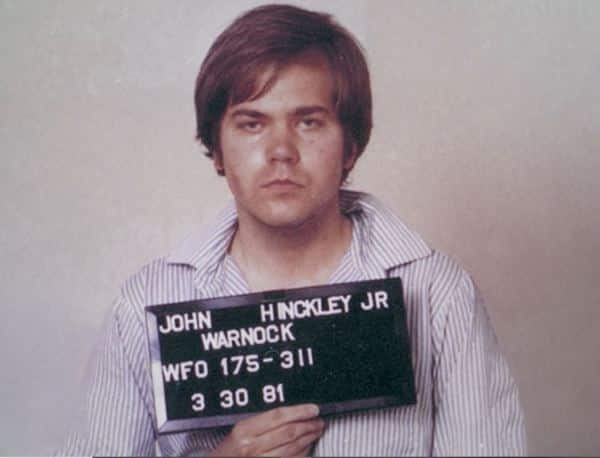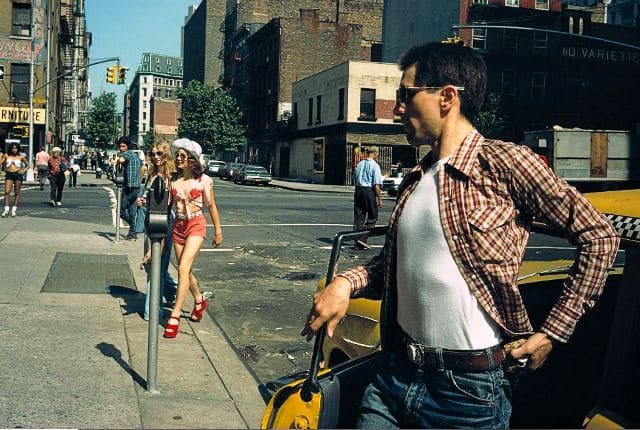
![]()
The man who's bid to assassinate US president Ronald Reagan in 1981, to stir up the feelings of a young Hollywood actress, but ultimately failed has been granted unconditional release six years after being freed from a psychiatric hospital.
Decades of treatment and psychiatric reviews clinically determined that John Hinckley presented no threat while conditions set on his life after release would be lifted on 15 June.
The 67-year-old shot Reagan and three others with a revolver outside a hotel on 30 March, 1981, in a bid to attract the attention of actress of the then 14-year-old Jodie Foster, with whom Hinckley had developed an obsession after seeing her 1976 film Taxi Driver.
Hinckley wrote the actress a final note “Jodie,” he said, “I would abandon the idea of getting Reagan in a second if I could only win your heart and live out the rest of my life with you, whether it be in total obscurity or whatever.”
Hinckley was declared not guilty on grounds of insanity, and placed into St Elizabeth's Hospital, a psychiatric institution in Washington, for 34 years.
He was released in September 2016 but was required to live with his elderly mother in a gated community in Virginia under a long list of restrictions, with controls on his movements and monitoring of his electronic devices and online accounts.

Taxi Driver - Robert De Niro - Jodie Foster (1976) Columbia Pictures
According to the Washingtonian, Hinckley saw Taxi Driver 15 times. He identified with Travis Bickle, the film’s loner protagonist played by Robert De Niro, who attempts to kill a presidential candidate.
Hinckley developed an infatuation for Jodie Foster, who played a 12-year-old prostitute in the film.
In September 1980, Hinckley followed Foster to New Haven, Connecticut, where the then 18-year-old actress had just enrolled at Yale University.
He left notes for her at her dorm, tried calling her, and even told strangers at a New Haven bar that he was Foster’s boyfriend.
Determined to impress Foster, John Hinckley also began to brainstorm “historic deeds” that could get her attention.
A US government report on his status filed to the court on 19 May said his mental health had "remained stable" and that his psychiatric illness had been in "full and sustained remission for decades."
"He has not reported or exhibited any psychiatric symptoms consistent with a mood, anxiety, or psychotic disorder," it said.
"Characteristics associated with his narcissistic personality disorder, for example self-absorption and grandiosity, continues to be significantly attenuated compared to observations made in the 1980s."